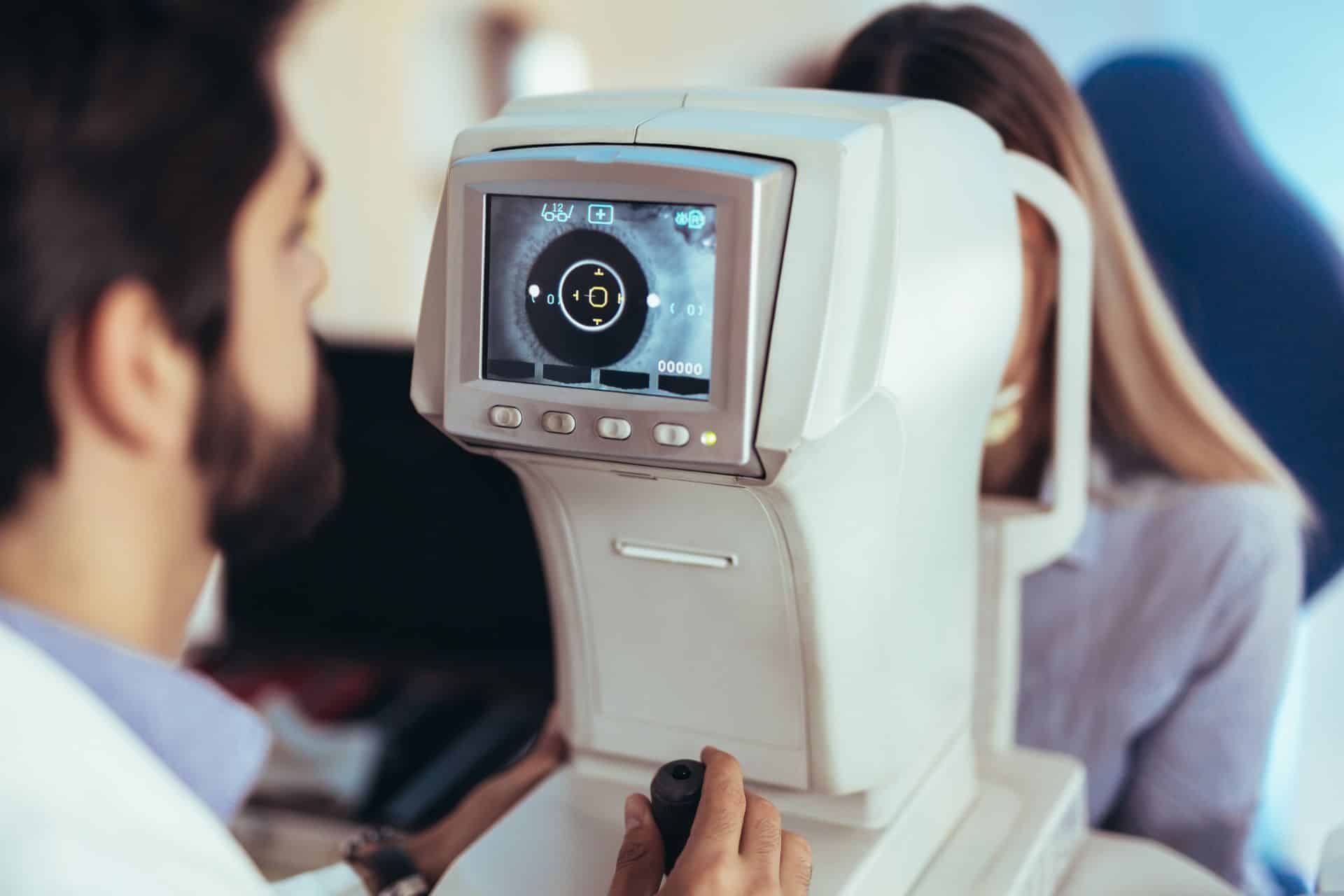What Is An Eye Doctor Called?

When you book an eye exam and need help with your vision, you may refer to this type of medical provider as an eye doctor. While this is a totally acceptable term to use, especially in causal terms, these healthcare professionals do have other names they go by.
In fact, there are different kinds of eye care providers, and they do slightly different things. However, there is only one type of eye care provider that goes through medical school to become a docto
If you’re curious about the various kinds of eye care providers and what they do, this guide from the professionals at Milwaukee Eye Surgeons has the answers to your questions.
Optician Vs Optometrist Vs Ophthalmologist
There are three main kinds of eye care professionals who help people with their eye and vision needs. These are opticians, optometrists, and ophthalmologists. While they share some things in common, these three types of eye professionals differ in the level of schooling they go through and how they can practice medicine.
Let’s review the basics of each kind of eye professional.
Optician
An optician may be an eye care professional, but they aren’t a medical doctor. They go through around a year or two of schooling, and they don’t go to medical school. This means they can’t perform eye exams. Instead, they support the medical doctor on staff by fitting eyeglasses and contact lenses.
Optometrist
Optometrists receive more training and go to a specific kind of professional school which is known as optometry school. These professionals are licensed to do a variety of things. They can diagnose and treat various eye and vision issues. They can also perform
eye exams and prescribe medications for various eye diseases.
Ophthalmologist
Ophthalmologists go through the most training of any eye professional. They attend medical school, including a residency. This means they must complete a bachelor’s level degree, four years of medical school, and four year residency program and often a one or two year fellowship.
The main difference between optometrists and ophthalmologists is that ophthalmologists are able to perform eye surgery. They can also perform all the services that optometrists do, such as prescribing medications, treating diseases, and fixing vision issues.
Ophthalmologists are the only eye professionals who are medical doctors.
Do All Eye And Vision Care Providers Offer Surgery?

As mentioned above, the only type of eye care professional that can perform eye surgery is an ophthalmologist. Oftentimes, people will visit optometrists for preventive care, such as general eye exams or receiving corrective lenses. The optometrist can then refer the patient to an ophthalmologist for surgical services.
Many ophthalmologists also provide general eye care services along with eye surgery options. So, they are a great resource for primary vision care and for help to correct vision problems.
How Much Training Does An Eye Doctor Need?
Depending on the type of eye provider you’re seeing, the level of training will vary.
Opticians don’t have to complete any medical training, and they can’t practice medicine. Optometrists usually complete between 7-8 years of schooling, while ophthalmologists often complete around 8-10 years of training and become medical doctors.
What Does An Eye Doctor Do?
Generally speaking, both optometrists and ophthalmologists will correct vision problems and diagnose and treat eye diseases. Some of the specific things both of these providers do include:
· Setting up patients with corrective lenses, such as contacts or eyeglasses
· Performing vision tests to assess the eyesight of patients
· Examining the eyes to detect potential eye diseases
Along with these services, eye doctors who are trained in ophthalmology can perform various surgeries to treat vision loss or correct issues from eye diseases.
Common Vision Problems Eye Doctors Treat
Many patients see an eye doctor to get eyeglasses and contact lenses. Some of the more common vision concerns that eye doctors treat include:
- Nearsightedness:
Also known as myopia, nearsightedness is when someone can see close objects better than objects that are further away. - Farsightedness: Also known as hyperopia, farsightedness is the opposite of nearsightedness. These individuals see things farther away much more clearly, while close-up items are blurry.
- Astigmatism: Astigmatism is a bit different. It creates blurry vision at all distances and is caused by a curved cornea.
A trained optometrist or ophthalmologist can perform vision tests to assess eyesight. From there, they can suggest corrective lenses to help patients see more clearly. However, an ophthalmologist can also perform series to offer longer-term results. They can offer services such as LASIX.
Can All Eye Doctors Treat Eye Diseases?
While optometrists and ophthalmologists can both treat eye diseases, optometrists can’t perform surgeries. Therefore, they are more limited in the services they offer. Both of these providers can write prescriptions, but an ophthalmologist is a better option for treating certain conditions, such as
glaucoma.
What Happens During An Eye And Vision Care Appointment?

Most people benefit from a complete medical eye exam at least once per year. During a routine visit, the eye care provider will examine your vision using various diagnostic tests. They may dilate your pupils or have you read charts through various lenses.
Along with basic eye exams, eye doctors can also assess your eye for signs of eye disease. You can also visit an ophthalmologist for a constellation or for an eye surgery.
Contact Milwaukee Eye Surgeons Today
At Milwaukee Eye Surgeons, Dr. Weinlander is a board-certified ophthalmologist with extra fellowship training as a cornea specialist. This means, he can offer general eye care along with advanced eye surgery techniques to correct vision and treat eye diseases.
When you have any vision or eye care needs, we are here to help. Dr. Weinlander and his friendly staff perform various procedures, including corneal transplants and LASIK.
Call us today at 414-377-5550 or message online to book an appointment.


